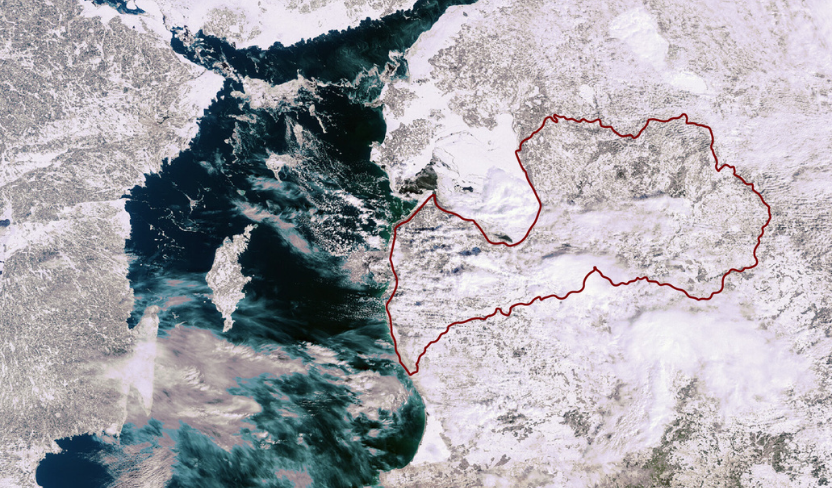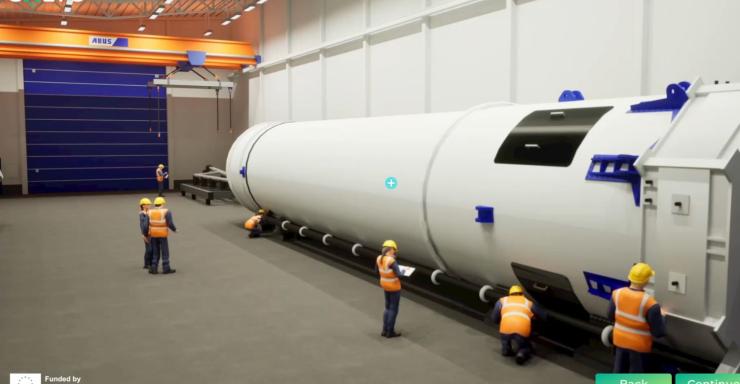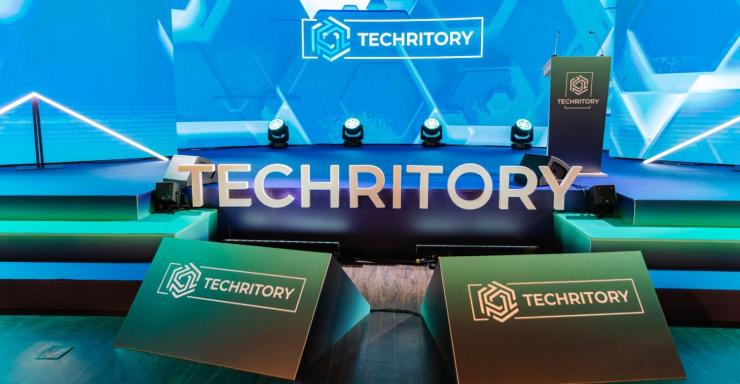Latvia’s participation in European Space Agency (ESA) programmes has, since 2020, become a significant investment in the country’s economy. This involvement strengthens national scientific and innovation potential, fosters the development of new technologies, and generates solutions that increasingly find their way into everyday use.
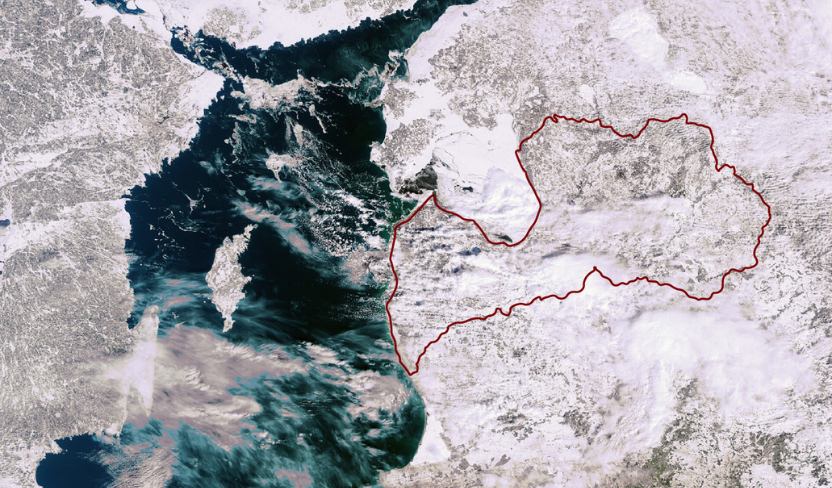
Participation enables Latvia to consolidate its position within Europe’s research and high-technology landscape, enhancing the country’s competitiveness and supporting the sustainable growth of knowledge-intensive sectors. This contribution is supported by an economic impact assessment commissioned by the Ministry of Education and Science and conducted by Oxford Economics, an internationally recognised economic analysis and consulting firm. According to the study, the implementation of ESA projects in Latvia during this period has generated a total contribution of 13.4 million euros to the national GDP, including:
- 9.4 million euros – direct contribution from project activities;
- 1.8 million euros – supply chain effects;
- 2.2 million euros – economic activity generated by household consumption.
Each euro invested in ESA programmes yields a total economic return of 1.4 euros for Latvia.
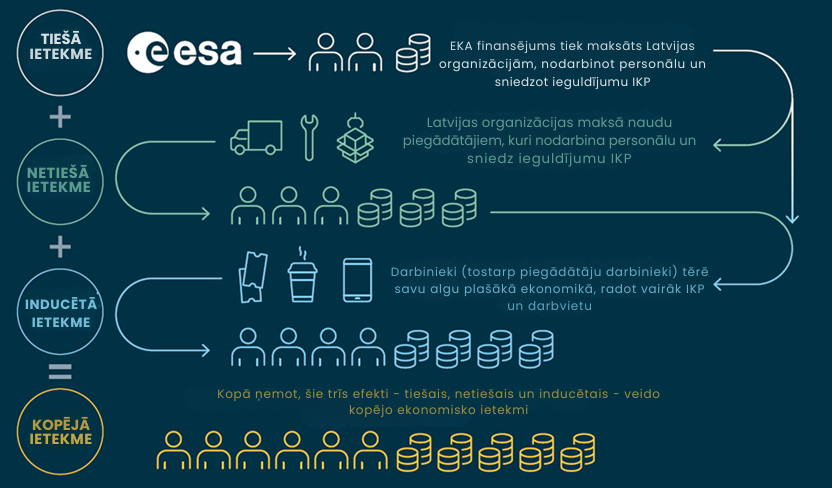
Minister of Education and Science Dace Melbārde: "Latvia’s participation in the European Space Agency is a strategic investment in the country’s development. It strengthens our scientific and innovation potential, promotes cooperation between research and industry, and helps Latvian scientists gain visibility on the European and global stage. ESA participation also opens new opportunities for companies in the high-technology sector. Every euro invested in the space industry returns with added value – in knowledge, new competencies, and economic growth."
Between 2021 and June 2025, Latvian organisations have received 12.1 million euros in ESA programme funding, supporting the implementation of 73 projects. More than 80% of the funds have been directed toward research and development, fostering the creation of new technologies and innovations.
ESA activities in Latvia have generated 185 job-years, including 115 directly in projects and 70 indirectly through supply chains and related sectors. This means that every 100 direct job-years generates a total of 160 job-years in the national economy. Moreover, 58% of the sector’s workforce holds a master’s or doctoral degree, demonstrating the high level of qualifications in the space industry and its contribution to knowledge-intensive growth.
By July 2025, Latvian companies had secured 15 million euros in commercial contracts outside ESA, highlighting the sector’s international competitiveness and growth potential.
The Ministry of Education and Science is the responsible institution for Latvia’s participation in the European Space Agency, coordinating national space policy and international cooperation in this field. Since 2020, Latvia has been an Associate Member of ESA. The Ministry continues its work to ensure Latvia’s active involvement in the next ESA cooperation period from 2027 to 2034.
